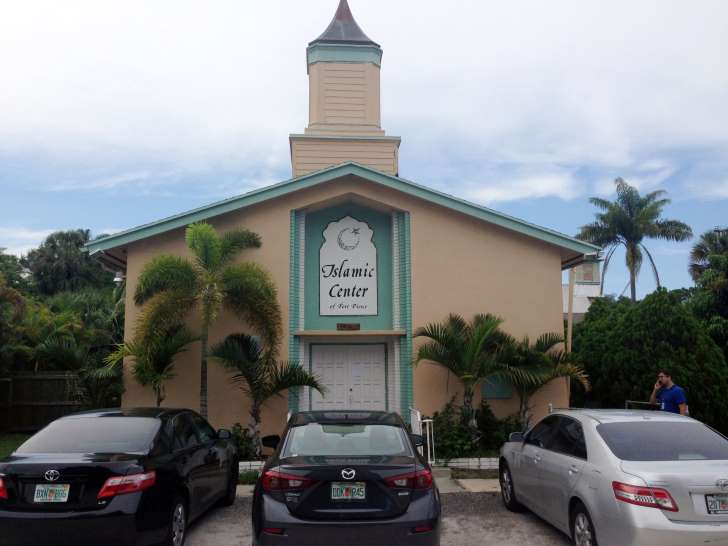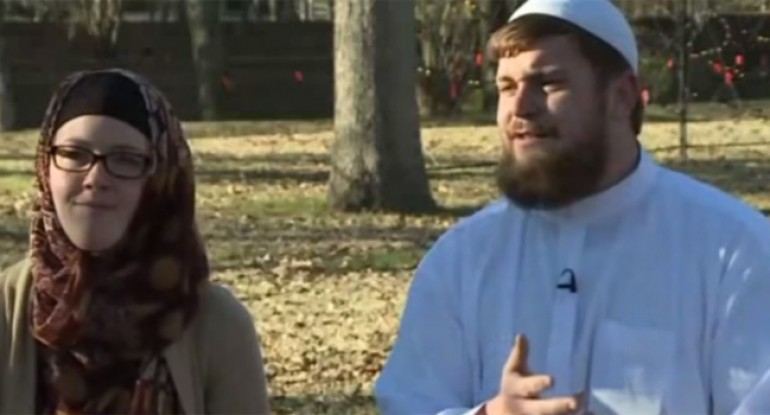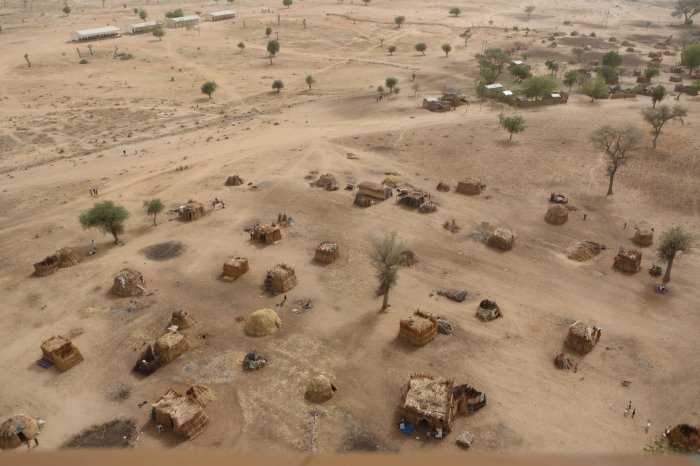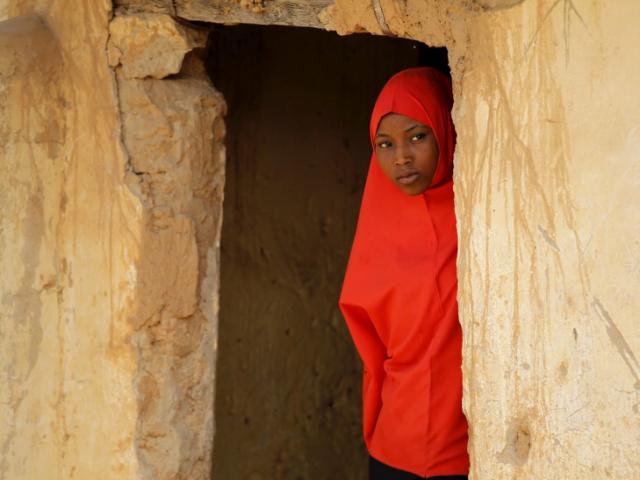
ORLANDO, Fla./FORT PIERCE, Fla., June 17 (Reuters) – FBI agents on Friday questioned a member of the Florida mosque attended by Omar Mateen, the man who shot 49 people to death at a gay nightclub, as new information surfaced revealing the killer had exhibited chronic behavioral problems during his youth.
Academic records obtained by Reuters showing Mateen was frequently suspended as a student – at least twice for fighting before he was transferred to a special high school for potential dropouts – added to a disturbing portrait of the long-troubled gunman who committed the deadliest mass shooting in modern U.S. history.
Mateen, the 29-year-old private security guard shot dead by police at the end of the June 12 massacre in Orlando, has been described by his first wife – whom he divorced after a brief marriage – as an abusive, mentally disturbed man with a violent temper.
Others who knew him recalled Mateen, a U.S. citizen and Florida resident born in New York to Afghan immigrants, as a quiet, socially awkward individual who kept largely to himself.
The FBI has acknowledged interviewing Mateen in 2013 and 2014 for suspected ties to Islamist militant groups but concluded he posed no threat. Still, evidence in the Orlando case points to a crime at least inspired by extremist ideology.
Authorities have said Mateen paused a number of times during his three-hour siege at the Pulse nightclub to place cell phone calls to emergency 911 dispatchers and to post internet messages professing support for various Islamist militant groups.
Nevertheless, Mateen appears to have been “self-radicalized” and acting without any direction from outside networks, although his second wife, Noor Salman, had known of his plans to carry out the attack, U.S. officials have said.
A federal grand jury was convened earlier in the week to decide whether to charge Salman.
FBI MOSQUE INTERVIEW
FBI agents turned their attention on Friday to at least one of Mateen’s fellow worshipers at the mosque he attended near his home, the Islamic Center of Fort Pierce.
In what was the first such known interview in connection with the nightclub shooting, two federal agents met with the man at the mosque for about 30 minutes ahead of Friday prayers, according to Omar Saleh, a lawyer for the Council of American-Islamic Relations who sat in on the session.
“We were meeting with some agents,” Saleh told Reuters, declining to identify the person interviewed. “They were asking questions relative to the incident that happened on Sunday.”
Meanwhile, funerals and memorials were held around Florida and in Puerto Rico – home to many of the people killed. Mourners hugged and wept after the burial of Kimberly Morris, 37, in Kissimmee, Florida, and family members of Angel Candelario-Padro, 28, embraced after his body was returned to his hometown of Guanica, Puerto Rico.
The Vietnamese Association of Central Florida sponsored a public memorial vigil on Friday night.
MULTIPLE SUSPENSIONS
As details about Mateen’s background continued to emerge, transcripts and disciplinary records furnished to Reuters on Friday showed Mateen was suspended at least 15 times during his enrollment in Martin County, Florida, public schools, mostly in the eighth and ninth grades.
Two of those suspensions, within a week of each other in May of 2001, were listed as discipline for “fighting with injury” during his freshman year at Martin County High School.
Days after that second suspension, Mateen was transferred to Spectrum Junior-Senior High School, a dropout prevention center run by the district, records showed.
He returned to Martin County High in January 2002, stayed there for another year, then withdrew from mainstream high school and enrolled instead in adult education classes through April 2003.
His academic performance was mixed, a combination of high grades and failing marks, in contrast to his mostly dismal report cards from elementary school.
President Barack Obama, who met with survivors of the shooting and families of the dead in Orlando on Thursday, urged Congress to pass measures to make it harder to legally acquire high-powered weapons like the semi-automatic rifle used in the attack.
Lawmakers are under pressure to respond. The Senate is expected to vote on Monday on four proposals for limited gun restrictions, although all four are expected to fail. A group of Republican senators attempted on Friday to craft compromise legislation that might stand a better chance of passing.
(Additional reporting by Carlos Barria in Kissimmee, Florida, Alvin Baez in Guanica, Puerto Rico and Zachary Fagenson in West Palm Beach, Florida; Writing by Scott Malone; Editing by Mary Milliken and Richard Pullin)





